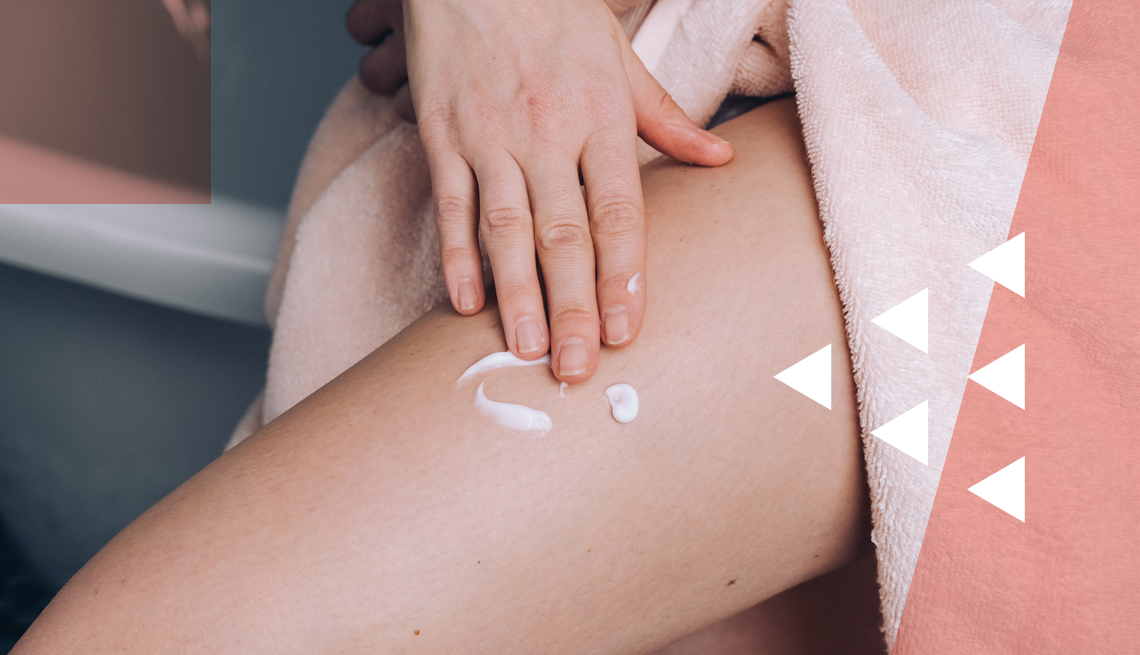
Do we really need whole-body deodorant? | members only
- Select a language for the TTS:
- UK English Female
- UK English Male
- US English Female
- US English Male
- Australian Female
- Australian Male
- Language selected: (auto detect) - EN
Play all audios:
THE BASICS OF BO Body odor is created by the interaction between sweat and bacteria. “When your sweat leaves the body, it actually doesn’t smell,” says Zaineb Makhzoumi, M.D., a dermatologic
surgeon at the University of Maryland Medical Center. “It’s the bacteria on your skin that work on and break down the sweat, that’s what causes the odor.” Or, as a Lume ad puts it, “the
stink happens because bacteria eat your sweat and start farting odors.” Our sweat comes from different kinds of glands, with differing effects, says Susan Massick, M.D., a dermatologist at
The Ohio State University Wexner Medical Center. One is the eccrine (producing an odorless fluid that cools our bodies), another is the apocrine, which releases more fluid in times of stress
or hormonal fluctuations. The latter open up into your hair follicles, and produce fatty sweat that is food for bacteria (which then, um, fart). HOW FULL-BODY DEODORANTS WORK The creators
of these deodorants claim that their products can prevent the bacteria from producing odors – rather than just masking the smells. Klingman says her interest in developing a deodorant began
years ago when women would come to her gynecology practice ”with odor concerns.” She began seeking solutions in earnest in 2017 and found that mandelic acid “metabolically paralyzed”
bacteria and eliminated odor on any part of the body for as long as 72 hours. People bought it and Lume grew; the company brought in more than $300 million in 2023 according to _Inc.
magazine._ Now, of course, the big brands have boarded that money train. Unilever (Dove) just launched its line of full-body deodorants in May. Their main odor-controlling agents are zinc
neodecanoate for Dove’s antifriction stick version, and lactic acid in its invisible cream. Apocrine glands become active in puberty, which is why little kids don’t have the unpleasant kind
of scent we sometimes call BO. The apocrine glands tend to be concentrated on certain areas of the body, particularly skin folds (underarms, underboobs, around the groin). And men are more
likely to produce body odors because they have more hair follicles and therefore more apocrine secretions, according to the Cleveland Clinic. (Foods you eat, some medications and certain
diseases, including diabetes and liver disease, can also affect your body odor.) ODOR AND AGING Age-related hormonal changes alter the bacteria on our skin, affecting body odor. Maiysha
Jones, P&G’s principal scientist for North America, personal care, says in an email, “older individuals may have specific concerns, such as maintaining freshness as their mobility, diet,
medications and bathing habits change. They may experience odor in new areas and therefore seek a solution.” Klingman says that when we get older, odors are more likely to occur “on the
flat surfaces of our bodies, our trunk, our hairline, into our scalp,” which can be treated with an acidic bodywash.